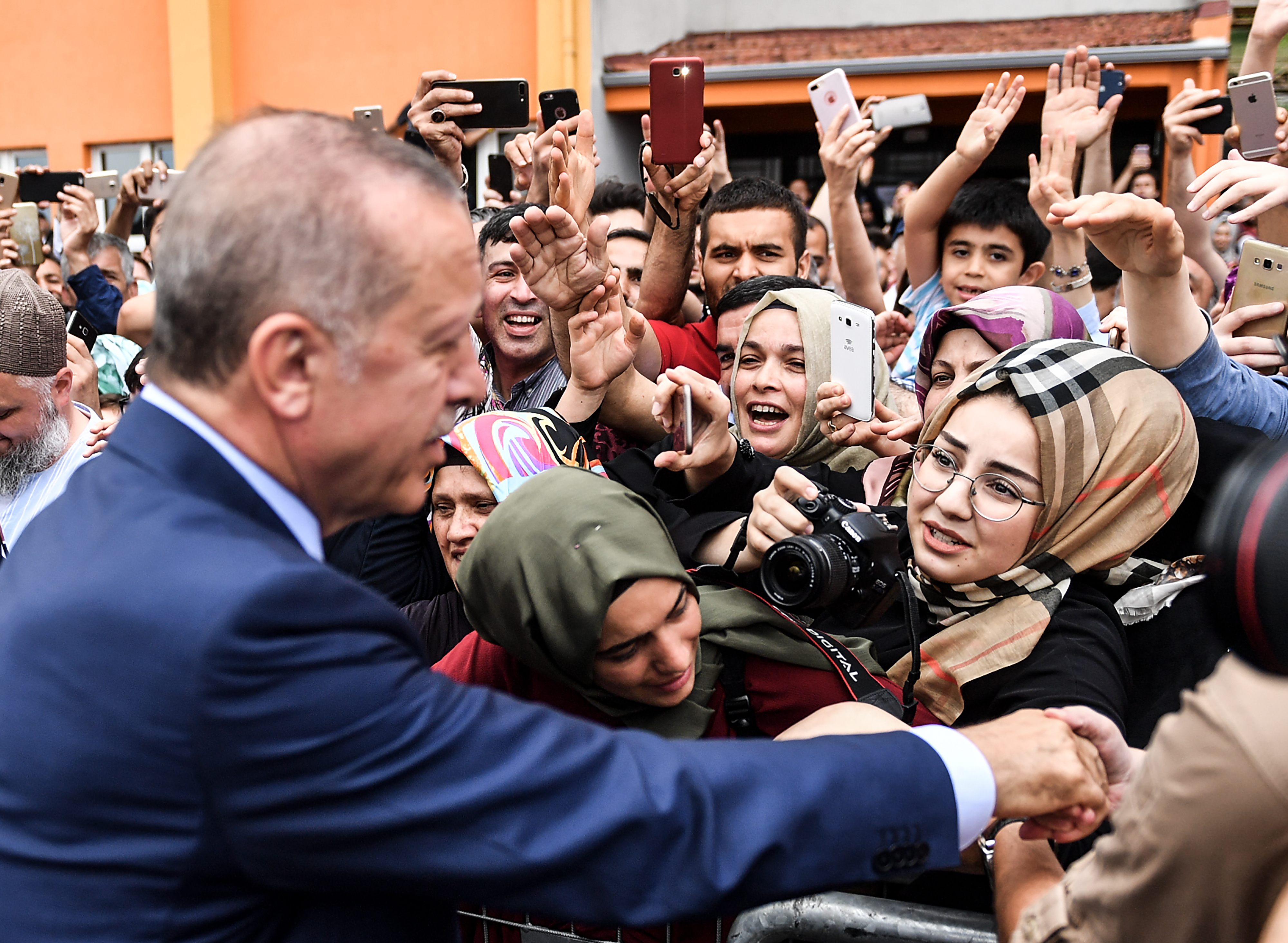ANALYSIS
The conflict in northern Syria, targeted against the Kurds, stems also from a misunderstood sense of superiority that the Turkish President hopes to impose in a region far larger than his own country. The Turkic Council “brings together the Turkic-speaking States or those with a prevalence therein”: namely, Turkey, Azerbaijan, Kazakhstan, Kyrgyzstan, with Turkmenistan and Uzbekistan as candidate countries, said historian Piero Graglia, a scholar of international politics. Harsh judgement on the role of Europe and Italy in the present phase

“Turkey has for some time been pursuing a largely hegemonic policy including an instrument for coordination with what can be regarded as the different ‘Turkish souls’.” In fact the Turkic Council created in 2006 “brings together, under the terms of the Arab League, Turkish-speaking States or those with a Turkish-speaking majority: Turkey, Azerbaijan, Kazakhstan, while Turkmenistan, Kyrgyzstan and Uzbekistan applied for membership”, Piero Graglia, Professor of History of European Integration at the University of Milan, told SIR. While reports of war, bombing, deaths and people fleeing have been arriving from the Syrian front, additional possible reasons can be explored (if one can speak of “reasons”…) for the devastating military intervention ordered by President Recep Tayyp Erdogan in an area – the Middle East – already marked by instability and afflicted by conflicts of all kinds, thereby exacerbating political tensions between States, along with the poverty, suffering and hardships of the local populations.
 Ankara’s pre-eminent role. The Turkic Council does not reflect “a military alliance system, which would obviously not be tolerated by Moscow. Rather, it is a significant instrument for the coordination of Turkishness, accentuating the central role of Erdogan’s Turkey, certainly the most developed and stable among its member Countries”, added Graglia (in the photo). Thus, the presence of an important Kurdish minority in Syria, Turkey, Iraq and Iran” is a historical problem for Erdogan that must be radically resolved in those areas where it has a free hand (Turkey) and in those areas where the international community is substantially providing it: Syria and, in the future, maybe also in Iraq.” The picture is very complex and Ankara’s political protagonism and military power are now evident, as well as its strong aversion towards the Kurds: “Erdogan’s aggressive policy has two facets – Graglia explained -: to prevent the Kurds of the Rojava, the Syrian Kurdistan, from becoming too strong thereby prospectively constituting an element of attraction and an example for the Kurds living in the Syrian-Iraqi-Iranian triangle. At the same time, it reaffirms Turkey’s intention to pursue a policy of normalisation of the area as the leader of a territorial area that identifies with the Turkic Council.” In this context, “US withdrawal from the area is obviously a clear invitation to Turkey to exercise greater freedom of manoeuvre.”
Ankara’s pre-eminent role. The Turkic Council does not reflect “a military alliance system, which would obviously not be tolerated by Moscow. Rather, it is a significant instrument for the coordination of Turkishness, accentuating the central role of Erdogan’s Turkey, certainly the most developed and stable among its member Countries”, added Graglia (in the photo). Thus, the presence of an important Kurdish minority in Syria, Turkey, Iraq and Iran” is a historical problem for Erdogan that must be radically resolved in those areas where it has a free hand (Turkey) and in those areas where the international community is substantially providing it: Syria and, in the future, maybe also in Iraq.” The picture is very complex and Ankara’s political protagonism and military power are now evident, as well as its strong aversion towards the Kurds: “Erdogan’s aggressive policy has two facets – Graglia explained -: to prevent the Kurds of the Rojava, the Syrian Kurdistan, from becoming too strong thereby prospectively constituting an element of attraction and an example for the Kurds living in the Syrian-Iraqi-Iranian triangle. At the same time, it reaffirms Turkey’s intention to pursue a policy of normalisation of the area as the leader of a territorial area that identifies with the Turkic Council.” In this context, “US withdrawal from the area is obviously a clear invitation to Turkey to exercise greater freedom of manoeuvre.”
Inefficient Europe. What about the European Union? In the case of the Syrian Kurds and the Turkish attack in the Rojava region “it has shown its true face, namely, an entity that is unable to engage in foreign policy but which can, at best, express moral and ethical judgments”, underlined the community integration and international politics scholar. “In the case of the Turkish aggression, the EU could hardly have done anything more than what it did; the action of national governments such the German, Dutch and Danish governments, which immediately decided to suspend the sale of arms to Turkey, was of much greater consequence, while, as known, Italy preferred to request European intervention only to announce a stop on future contracts and not on existing ones.” The position of Rome could perhaps be reviewed, based on the latest statements by the Minister of Foreign Affairs, Luigi Di Maio.
Did Italy decide not to decide? Graglia’s opinion of Italy’s role is clear: “In this specific situation the government has substantially re-affirmed a peculiarity of Italian foreign policy, rooted in a distant past. In fact, whenever Italy wanted to be assertive, it did so without warning and all of a sudden, often taking friends and allies by surprise (that just as often was inconsequential); while whenever its intention was to avoid commitments, it would always bring collegiality (Atlantic, European…) into play. I hope that the hesitancy of the Italian Foreign Minister in this particular case is only due to a sort of ‘novice block’, since otherwise we would again be facing the problem of an Italy that prefers not to decide and that delegates decisions that could otherwise spark off domestic controversies to European dynamics.”